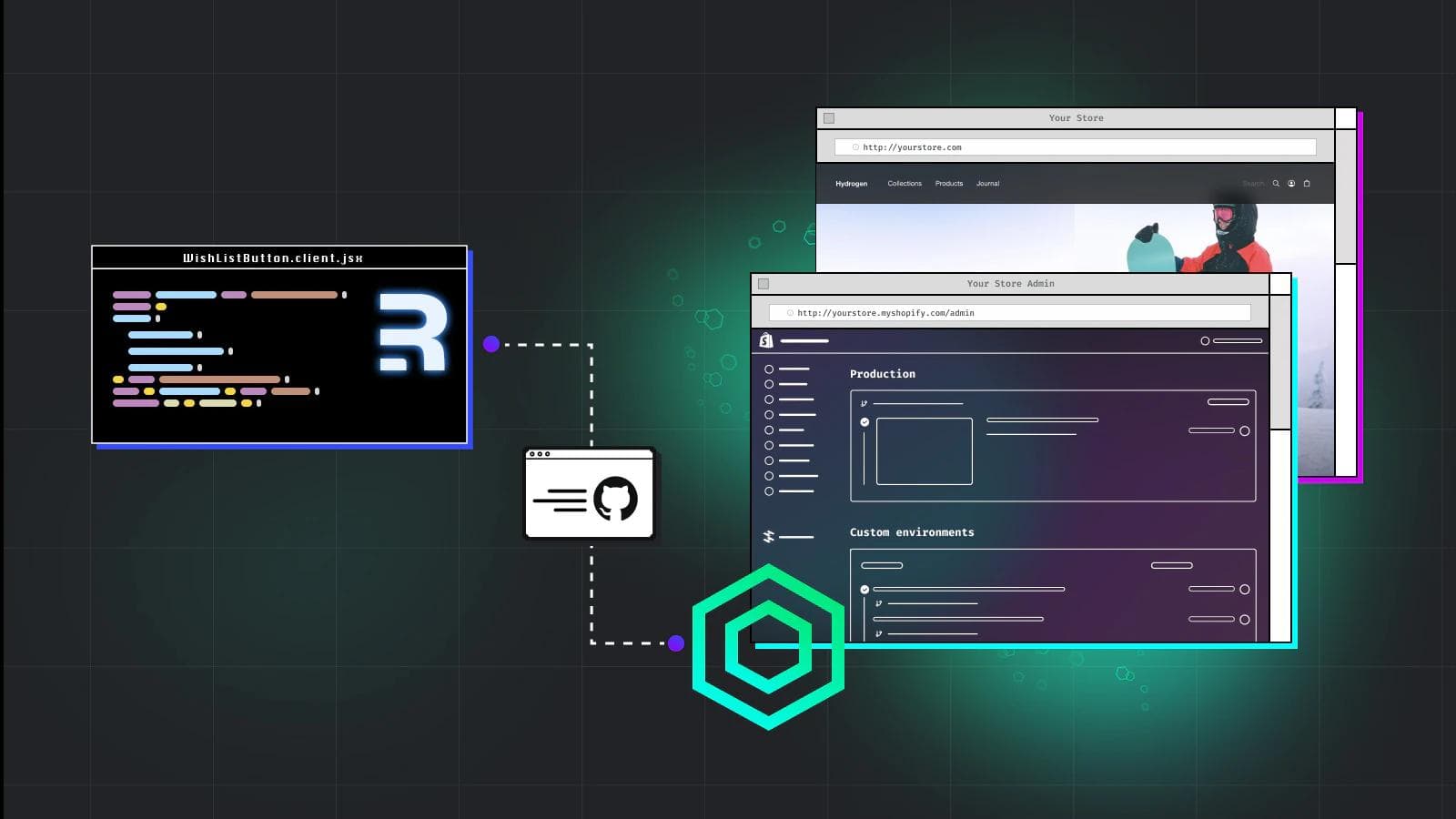
Understanding Quantum Computing: A Beginner’s Guide to Its Applications
Quantum computing, is one of those buzzwords that’s been floating around for years, but what does it mean? And more importantly, why should you care?
Quantum computers are like super-smart problem solvers, but they don’t play by the same rules. Instead of just 0s and 1s, they use something called qubits (quantum bits).
These qubits are kind of magical because they can be 0, 1, or both at the same time. This is called superposition. Imagine flipping a coin, and it’s spinning in the air \u2013 it’s not just heads or tails; it’s both until you catch it.
Here’s another cool thing: qubits can also talk to each other instantly, even if they’re far apart.
This is called entanglement. It’s like having two magic dice that always land on matching numbers, no matter how far apart you roll them.
So why is this useful? Well, quantum computers are insanely good at solving certain types of problems that would take regular computers millions of years.
They can help with stuff like finding new medicines, cracking super-tough codes, or designing better technology.
Why Should You Care About Quantum Computing?
Quantum computing isn’t just a nerdy fascination for physicists and engineers. It’s poised to revolutionize industries ranging from healthcare to finance.
Imagine discovering life-saving drugs in weeks instead of years or optimizing global supply chains with pinpoint accuracy. It’s not just sci-fi anymore; it’s happening.
How Quantum Computing Works (Without Melting Your Brain)
Here’s a quick breakdown of the tech:
- Qubits: Think of qubits like spinning coins that can be heads, tails, or both at once. This flexibility allows quantum computers to process complex problems faster than any supercomputer.
- Quantum Gates: These are like the logic gates in classical computing but tailored for qubits. They manipulate the probabilities of quantum states to solve problems.
- Quantum Circuits: Strings of quantum gates work together to perform calculations. It’s like a choreography of subatomic particles.
Read about top AI trends to watch in 2025
Still with me? Good, because now it gets exciting.
Real-World Applications of Quantum Computing
Quantum computing isn’t just a lab experiment anymore; it’s solving problems that seemed impossible.
Here are some examples:
1. Healthcare
Imagine a world where designing drugs takes weeks instead of decades. Quantum computers are already being used to model molecular interactions with unparalleled precision.
For example, in 2023, Pfizer partnered with IBM to use quantum computing for drug discovery, potentially accelerating treatments for diseases like Alzheimer’s.
2. Finance
In finance, where time is money, quantum algorithms can analyze risks, optimize portfolios, and detect fraud faster than traditional methods.
JPMorgan Chase recently developed a quantum-based algorithm for portfolio optimization that outperformed classical techniques by 50%.
3. Cybersecurity
Quantum computing is both a blessing and a curse for cybersecurity. While it can break traditional encryption methods, it’s also paving the way for quantum-resistant cryptography.
Governments and companies like Google are racing to secure data before quantum hackers become a reality.
4. Artificial Intelligence
AI’s potential skyrockets with quantum computing. Machine learning models that take weeks to train on classical computers could be trained in hours using quantum algorithms.
D-Wave, a quantum computing company, has already shown advancements in AI model optimization.
5. Logistics
Quantum computing is transforming logistics and supply chain management. In 2022, Volkswagen used quantum computers to optimize traffic flow in Lisbon, reducing congestion and cutting travel times by 20%.
The Latest Innovations in Quantum Computing
Quantum computing is evolving at breakneck speed. Here’s what’s hot right now:
- IBM Quantum System Two: IBM’s latest quantum processor boasts 433 qubits, making it one of the most powerful on the planet. It’s a significant step toward achieving quantum advantage (when quantum computers outperform classical ones).
- Google’s Quantum Supremacy: In 2022, Google’s Sycamore processor completed a calculation in 200 seconds that would take classical supercomputers 10,000 years. Let that sink in.
- Honeywell’s Trapped-Ion Technology: Honeywell is using trapped ions to create stable qubits, pushing the boundaries of error-free quantum computing.
- Quantum-as-a-Service (QaaS): Companies like Amazon and Microsoft are now offering cloud-based access to quantum computing platforms, making it easier for businesses to experiment with quantum applications.
Challenges in Quantum Computing
While quantum computing is exciting, it’s not without challenges:
Error Correction: Qubits are notoriously unstable, and even the slightest interference can cause errors. Scientists are working on methods to correct these errors without compromising performance.
Cost: Building and maintaining quantum computers is insanely expensive. For context, a single quantum processor can cost millions.
Skill Gap: The demand for quantum experts far exceeds the supply. Universities and tech companies are racing to train the next generation of quantum engineers.
How to Get Started with Quantum Computing
You don’t need a Ph.D. in physics to dip your toes into quantum computing. Here’s how to get started:
- Learn the Basics: Platforms like IBM’s Qiskit offer free resources and tutorials for beginners.
- Experiment with Tools: Access free quantum simulators and cloud platforms like Amazon Braket or Google Quantum AI.
- Take Courses: Enroll in online courses on Coursera or edX to build a solid foundation.
The Future of Quantum Computing
So, what’s next? Experts predict that by 2030, quantum computers will be commercially viable, solving problems we can’t even imagine today. Industries from climate modeling to space exploration will rely on quantum breakthroughs.
But with great power comes great responsibility, and it’s up to governments and businesses to use this technology ethically.
Common Myths and Misconceptions
Let’s clear up some common myths:
- Myth: Quantum computers will replace classical ones.
- Reality: Quantum computers excel at specific tasks but won’t replace classical computers for everyday use.
- Myth: Quantum computers can solve any problem instantly.
- Reality: Quantum computers are powerful but not magical. They’re suited for specific types of problems.
Start Your Quantum Journey Today
Quantum computing isn’t just the future; it’s the now. Whether you’re a tech enthusiast, a professional, or just curious, there’s no better time to explore this fascinating field.
So, what are you waiting for? Dive in, experiment, and join the quantum revolution.
How do you think quantum computing will change the world in the next decade?



